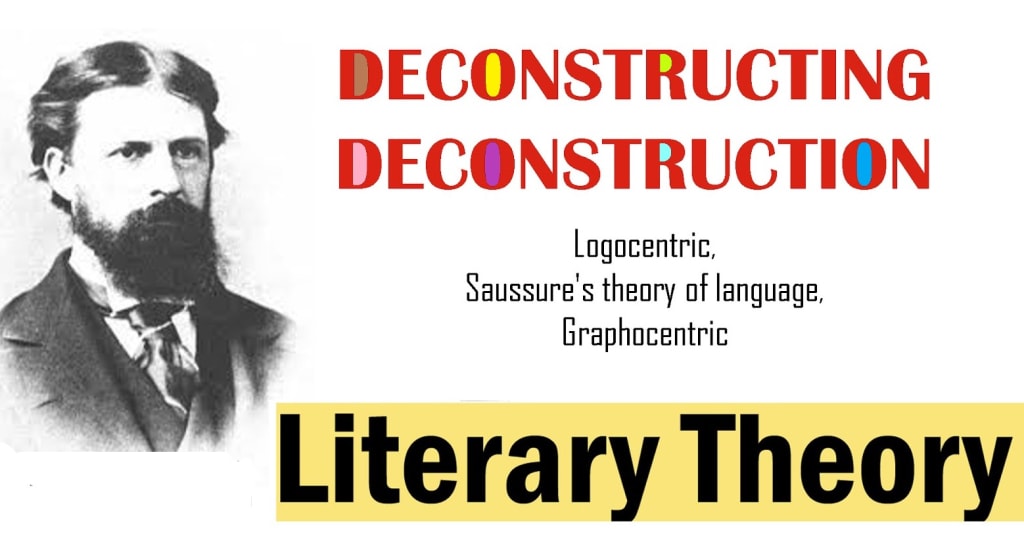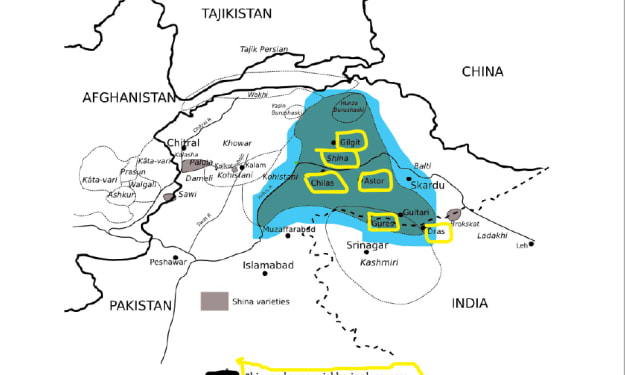
• Jacques #Derrida – A Brief Introduction
• Deconstruction – Simple Definition
• The Evolution of Deconstruction
• #Literary Theory – Brief Explanation of Main Hypotheses
• Elements/Components of Deconstruction
• Examples
• #Methodology
• Conclusion
Jacques Derrida - A Brief Introduction
French philosopher and literary critic - Jacques Derrida. He is most well-known for his contributions to the Deconstruction school of thought, which he founded in the 1960s and 1970s. Derrida was raised in a French-speaking home and was born in Algeria's capital city of Algiers in 1930. While studying philosophy at the Paris Higher Normal School, he became interested in the writings of philosophers such as Martin Heidegger and Jean-Paul Sartre.
Derrida was well-liked and respected in the academic community despite his contentious views, and he received many honours and awards throughout his career. Although he passed away in 2004, his work is still being discussed and examined by academics all over the world.
Deconstruction – Simple Definition
It is a technique for reading texts to uncover their underlying assumptions and hidden meanings. Instead of having a clear meaning, the text is perceived as having a web of meanings when it is deconstructed. This suggests that there are various ways to understand a text's words and ideas and that the context in which a text should be understood will determine how it should be understood.
The Evolution of Deconstruction
In the 1960s and 1970s, French philosopher Jacques Derrida developed the deconstruction theory and method of literary analysis. The writings of philosophers such as Martin Heidegger and Jean-Paul Sartre, as well as linguist Ferdinand de Saussure, contributed to Derrida's understanding of the nature of meaning and interpretation.
Derrida first presented the idea of deconstruction in his 1967 book “Of Grammatology," which was a critique of how language and meaning have traditionally been perceived in Western philosophy. In this work, Derrida bases the conventional view of language and meaningon the belief that concepts and words can be fixedand stabilized, and thatthere is a clear connection between conceptsand what they represent. According to Derrida, this notion of languageis wrong, itconsists of a dynamic system of symbols.
Deconstruction quickly attracted a scholarly following and had a major impact on cultural studies and literary criticism. Derrida's theory also influenced philosophy, helping to change philosophers' general views of language and meaning. Despite its importance, deconstruction remains a widely criticized, debated, controversial and often misunderstoodtopic.
Literary Theory – Brief Explanation of Main Hypotheses
Jacques Derrida created a literary analytical technique known as deconstruction, aimed at revealing hidden meanings and assumptions in texts. Fundamental to deconstruction is the idea that all Scripture contains some degree of ambiguity and uncertainty and that the interpretation of a text depends on the context in which it is read. The most important tenets of deconstruction theory are:
·Texts cannot be reduced to a single, cohesive meaning because they are intrinsically unstable. Instead, depending on the context in which they are read, they might have a variety of meanings and interpretations.
·All texts display some level of tension or conflict because they include conflicting ideas or forces.
·Deconstruction is the process of "unpacking" and dissecting a text to disclose the hidden assumptions and meanings that underpin it.
·Language is a system of indications that is constantly changing and evolving, and words and phrases' meanings are no exception.
·Literary deconstruction undermines conventional methods of interpretation, which frequently look for a single, unifying meaning in a text. Instead, it highlights how crucial it is to recognise the ambiguity and complexity of texts.






Comments (1)
very briefly explained one, that's good